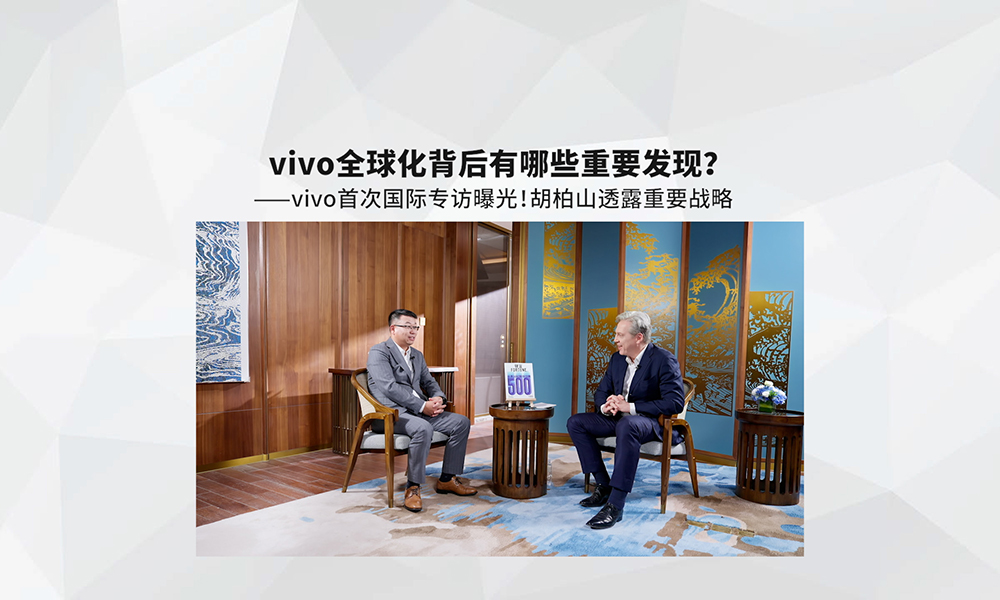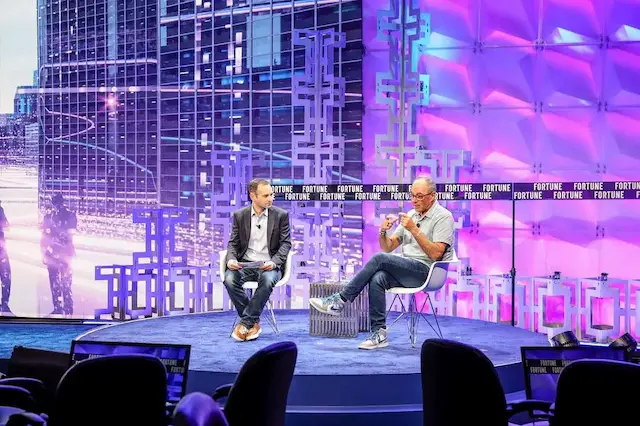重磅新品开路,诺基亚前CEO正式履新微软
|
微软(Microsoft)的硬件业务现在有了一位新负责人,他就是诺基亚(Nokia)前首席执行官史蒂芬•埃洛普。
本周早些时候,这家设在雷德蒙德的大型科技公司将埃洛普任命为执行副总裁,同时对其他一些管理职位进行了调整。周三上午,埃洛普在旧金山的微软Build开发者大会上向人们介绍了三款新型Lumia手机——930、630和635(微软机智地把刚刚推出的个人数字助理取名为Cortana,与之不同的是,Lumia手机沿用了之前的编号)。
微软预计将在本月晚些时候完成对诺基亚手机业务的收购,交易的价值为72亿美元。埃洛普在这次开发者大会上发表了主题演讲。他开门见山地说,自己和其他的原诺基亚员工将在“几天内”加入微软。
埃洛普告诉听众:“走到一起后,我们可以为人们带来一系列美妙的硬件、服务和应用。”
但无论是各自为营,还是携手作战,微软和诺基亚都还没有证明它们的移动产品有能力吸引广大消费者。微软的Windows Phone移动操作系统一直笼罩在苹果公司(Apple)和谷歌(Google)的双重阴影之下。2007年iPhone上市后,曾经是全球最大手机制造商的诺基亚出现了巨大滑坡,从此以后再也没能恢复元气(尽管稳步推出了一系列Lumia手机,但今年 1月底公布的年报显示,诺基亚的全年销售额依然下降了29%)。
不过,埃洛普和微软相信自己有制胜的手段。定于今年夏末上市的新一代Lumia手机将使用最新的Windows Phone 8.1操作系统。也就是说,这部手机将通过消息中心在同一个窗口里显示所有的新消息、更新信息、新的个性化选项以及上文提到的Cortana个人助理。没错,就是它。(难道是苹果Siri的远亲?)Lumia 930还将配备2000万像素的PureView摄像头以及OneDrive和MS Office等微软产品。Lumia630和635都没有930那么高端,它们的零售价都不超过200美元,而930的售价将在600美元上下。这三款手机都会有五种新颜色:亮橙、亮绿、亮蓝、黑色和白色(我说过它们属于亮色系了吗?)。
虽然有所斩获,但Lumia手机没能救活诺基亚。那么它们救得了微软吗?当然,这家科技巨擘并不像诺基亚那样需要用手机来维持生存;目前,微软收入的多元化程度和盈利水平都远远超过诺基亚。但和微软的许多其他产品一样,Lumia手机不光需要吸引消费者,还需要吸引开发者,也就是编程人员和软件公司,他们能大批量制作出小巧的移动应用供消费者下载并在智能手机上使用。对于即将开始执掌微软硬件业务的埃洛普来说,这是一项艰巨任务。
微软新任首席执行官萨蒂亚•纳德拉碰巧是埃洛普的新上司,他在本周的Build开发者大会上正面回答了这个问题。纳德拉对听众说:“你们一定想为Windows做软件,原因是我们将用挑战者的思路来进行创新。”他还说,微软不再是一家老牌公司。至少在移动领域,这句话绝对正确。(财富中文网)
译者:Charlie
|
Microsoft's (MSFT) got a new head of devices: Former Nokia CEO Stephen Elop.
Elop was named executive vice president of the tech giant's devices division earlier this week, as part of a handful of other management changes. Wednesday morning in San Francisco, he took the stage at Microsoft's Build developers conference to announce three new Lumia phones: The 930, 630, and 635. (Unlike its just-announced, slickly-named personal digital assistant,Cortana, Microsoft is sticking to good old numbers for its phones.)
The Redmond-based tech company is expected to close its $7.2 billion acquisition of Nokia's devices business later this month. Elop started off his keynote at Build by saying that he and the rest of the employee base at Nokia will be joining Microsoft "in a few days."
"Together, we can bring people an amazing family of devices, of services, of applications," Elop told the crowd.
But whether apart or together, both Microsoft and Nokia have yet to prove they can gain mass appeal for their mobile products. Microsoft's Windows Phone operating system for mobile devices is shadowed by the duopoly of Apple (AAPL) and Google (GOOG) . And Nokia, once the top phonemaker in the world, has never recovered from its massive decline following the iPhone's launch in 2007. (Even with its steady lineup of Lumia phones, in late January Nokia posted annual results showing sales had slumped 29% over the year.)
Still, Elop and Microsoft are convinced they've got winners on their hands. The new crop of Lumia phones, available later this summer, will run on the updated Windows Phone 8.1 operating system. That means they will include a notification center that shows all new messages and updates in one screen, new personalization options and, yes, the aforementioned Cortana personal assistant (a distant cousin of Apple's Siri?). The Lumia 930 also comes with a 20-megapixel PureView camera and Microsoft services like OneDrive and MS Office. The 630 and 635 are both lower-end phones; they retail for less than $200, while the 930 will cost about $600. All three phones come in five new colors: bright orange, bright green, bright yellow, black, and white. (Did I mention they're bright?)
Despite some success, the Lumia phones did not save Nokia. So will they save Microsoft? Of course, the tech behemoth isn't in need of the same kind of life support Nokia needed, and it's got a much more diversified and lucrative current revenue stream. But the Lumia phones, like many other Microsoft products, need to not only attract consumers but also developers -- the coders and companies that churn out bite-sized mobile apps for consumers to download and use on the smartphones. That's a tall order for Elop, who will now be tasked with overseeing all Microsoft devices.
New Microsoft CEO Satya Nadella -- who happens to be Elop's new boss -- addressed this question head-on at this week's Build conference. "You want to build for Windows because we're going to innovate with a challenger mindset," Nadella told the audience. Microsoft, he added, is no longer the incumbent. At least in mobile, he's absolutely right. |











